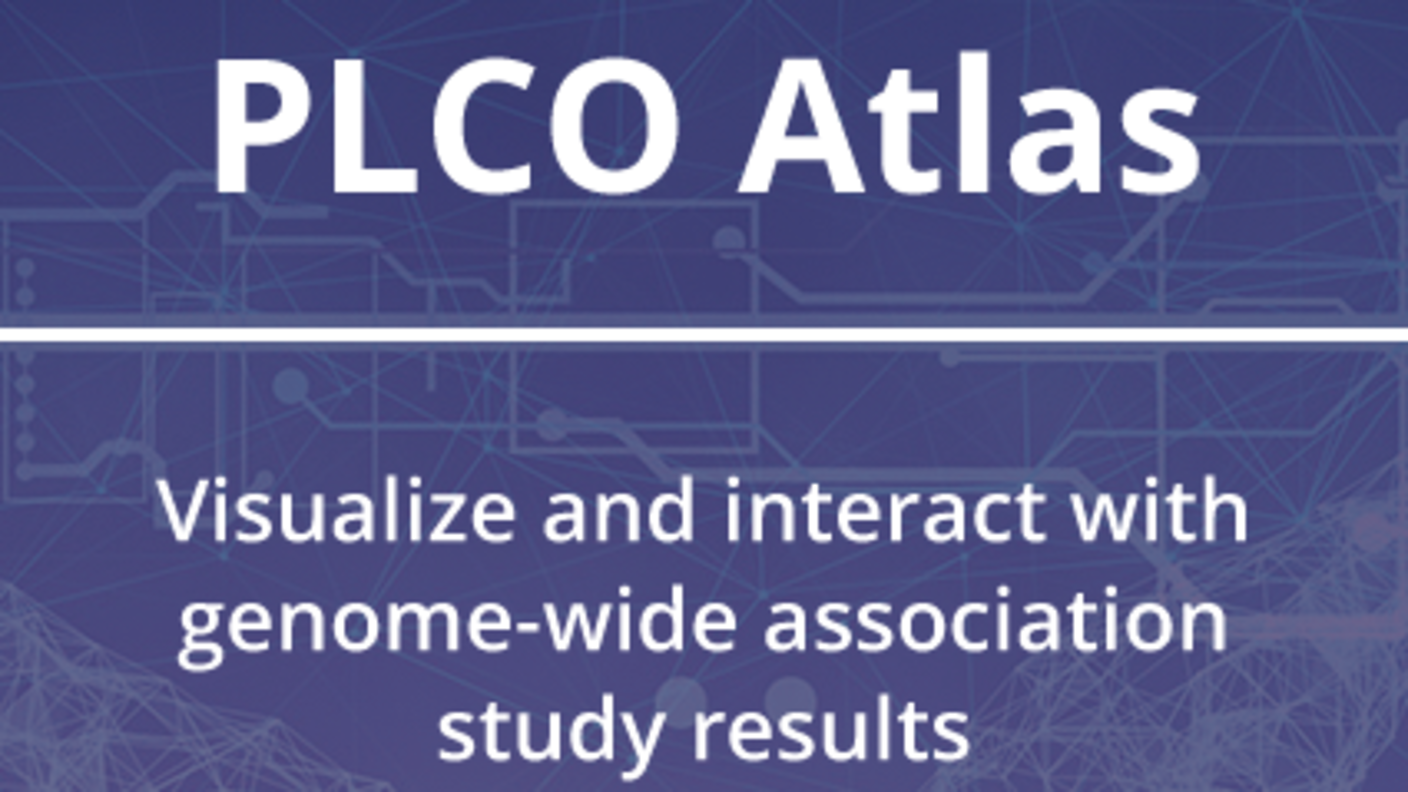Agricultural Health Study (AHS)
The AHS cohort includes 89,655 private pesticide applicators (mostly farmers), spouses of private applicators, and commercial pesticide applicators recruited in Iowa and North Carolina. Learn more about proposals for collaborations on the AHS Website.
Alpha-Tocopherol, Beta-Carotene Cancer Prevention (ATBC) Study
The ATBC Study, conducted in southwestern Finland, was designed to test hypotheses based on epidemiological and experimental evidence supporting nutritional prevention of cancer. Baseline questionnaire data and biospecimens (serum, whole blood, and toenail clippings) were collected, and fasting serum α-tocopherol, β-carotene, retinol, and HDL/total cholesterol were measured for the entire cohort. Linkage with the Finnish Cancer and Mortality Registries provided complete case ascertainment and causes of death. Learn more and request access to the data.
Chornobyl Tissue Bank
The Chornobyl Tissue Bank (CTB) is a resource to collect, document, store, and share to bona fide researchers, biological samples donated by patients with thyroid tumors who live in the vicinity of the site of the Chornobyl Nuclear Power Plant.
Confluence Project
The Confluence project will develop a large research resource to uncover breast cancer genetics through genome-wide association studies (GWAS). The resource will include at least 300,000 breast cancer cases and 300,000 controls of different races/ethnicities. This will be accomplished by the confluence of existing GWAS and new genome-wide genotyping data to be generated through this project.
Costa Rica HPV Vaccine Trial (CVT)
The CVT was a blinded, randomized, phase III clinical trial of the bivalent HPV 16/18 virus-like particle (VLP) vaccine developed by investigators at NCI and other research institutions, and manufactured by GlaxoSmithKline Biologicals. The study aims were to evaluate vaccine efficacy, immunological correlates of long-term vaccine success and failure, and other factors of immunological and etiological interest. Learn more about how to request data and/or specimens.
COVID-19 SeroHub
The COVID-19 Seroprevalence Studies Hub, known as COVID-19 SeroHub, is an online dashboard intended to help researchers and policymakers monitor studies of Severe Acute Respiratory Syndrome Coronavirus 2 (SARS-CoV-2) seroprevalence in the United States. These types of studies use blood tests to identify the proportion of people in the population who possess antibodies to SARS-CoV-2. Estimates of seroprevalence do not necessarily indicate the percentage of people with sufficient antibody to protect against infection.
Glycemic Index Values Database
Database that provides glycemic index values for common foods. Glycemic load can be calculated for each portion size of food consumed using these numbers.
GEMShare
The GEMINI Shared Repository (GEMShare) is a resource for investigators wishing to access data from the Esophageal Cancer Cohort Study, a population-based study of approximately 50,000 adults who have been actively followed up since 2004. GEMShare includes baseline assessments of sociodemographic, lifestyle, and dietary questionnaires, and biospecimens, including blood, hair, nails, and urine samples. Learn more about how to submit proposals for collaborations on the GEMINI Shared Repository (GEMShare) web portal.
Get the Facts About Exposure to I-131 Radiation
Information and resources for Americans exposed to I-131 (a form of radioactive iodine) through fallout from above-ground nuclear testing in the 1950s and early 60s.
NCI Cancer Atlas
NCI Cancer Atlas is a mapping tool designed to provide visualization of national cancer data. The tool enables users to create maps of cancer statistics, demographics, and risk factors for use in research. The Atlas was expanded with cancer mortality data previously available through the legacy Cancer Mortality Maps application.
NHANES 2011-2014 Sleep Data
The released data, "NHANES Preliminary Day Level Output," consist of various sleep metrics that were generated using accelerometer data from the 2011-2014 National Health and Nutrition Examination Survey. Data was processed using the open-source R package GGIR.
NIH-AARP Diet and Health Study
Data from the NIH-AARP Diet and Health Study, the largest prospective in-depth study examining the relationship between diet, lifestyle, and cancer risk, are available for use by established researchers, and project proposals can be submitted to the NIH-AARP Diet & Health Study Tracking and Review System (STaRS) . Publication policy and acknowledgments requirements are available on the STaRS website.
PLCO Data on CDAS
The Prostate, Lung, Colorectal and Ovarian (PLCO) Cancer Screening Trial was a randomized, controlled trial to determine whether certain screening exams reduce mortality from prostate, lung, colorectal, and ovarian cancer. Approximately 155,000 participants were enrolled between November 1993 and July 2001. Cancer data collected up to December 31, 2009, and mortality data collected through 2015 for each subject in the PLCO trial are available on the Cancer Data Access System website. Cancers and deaths continue to accrue. At some point in the future, these data will become available.
The PLCO Atlas: GWAS Explorer
The PLCO Atlas is an interactive tool that enables researchers to search for, visualize, and download aggregated association results from the PLCO genome-wide association analyses (GWAS).
TP53 Database
TP53 Database is a source of information on TP53 variants for a broad range of scientists and clinicians who work in different research areas: cancer, functional/structural data, somatic variants, germline variants, cell lines, mouse models, and experimentally induced variants.
Virtual Pooled Registry Cancer Linkage System (VPR-CLS)
The VPR-CLS links data from study participants, through linkage with the National Death Index, or with queries to individual cancer registries to provide accurate and complete cancer incidence and cause-of-death ascertainment.
